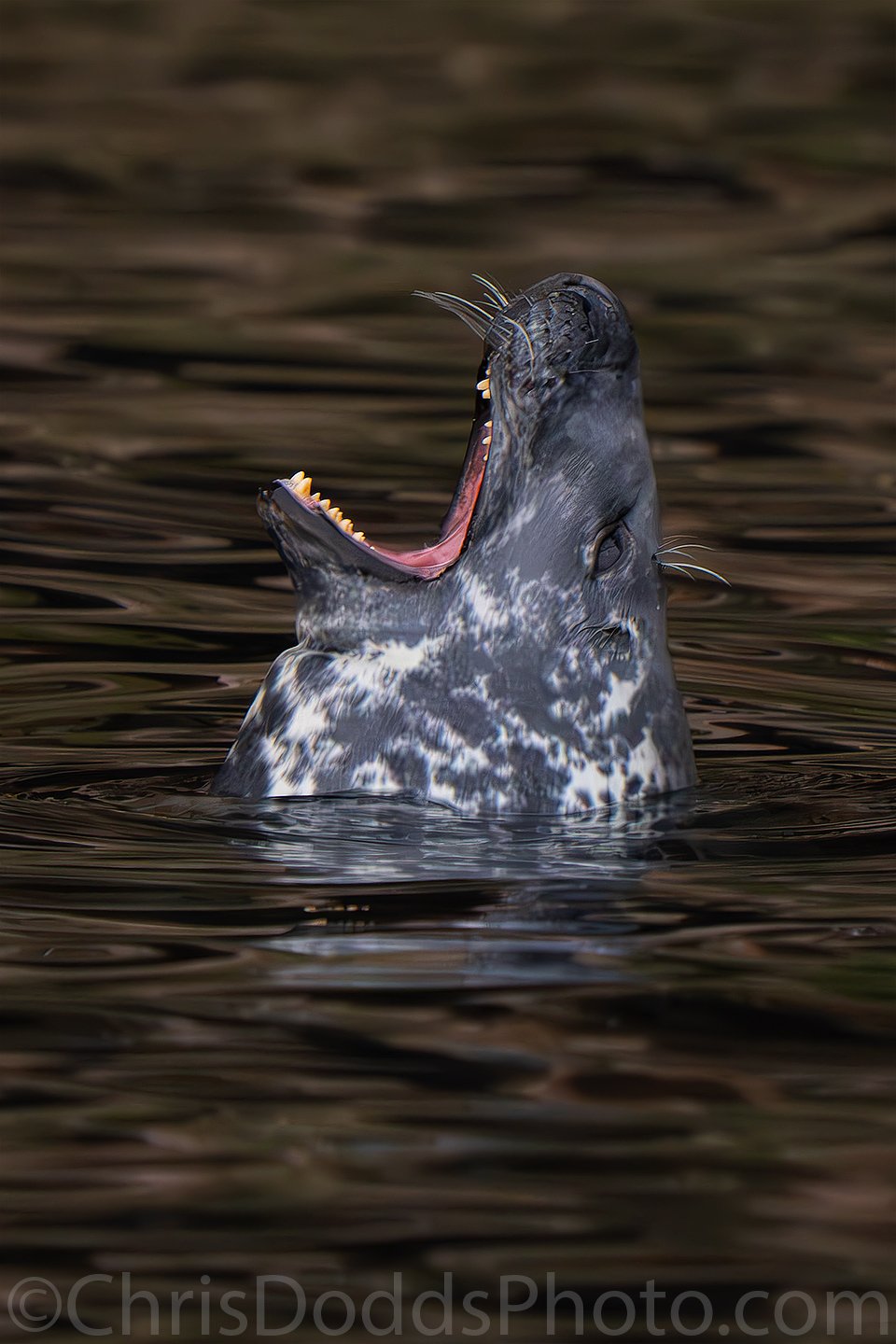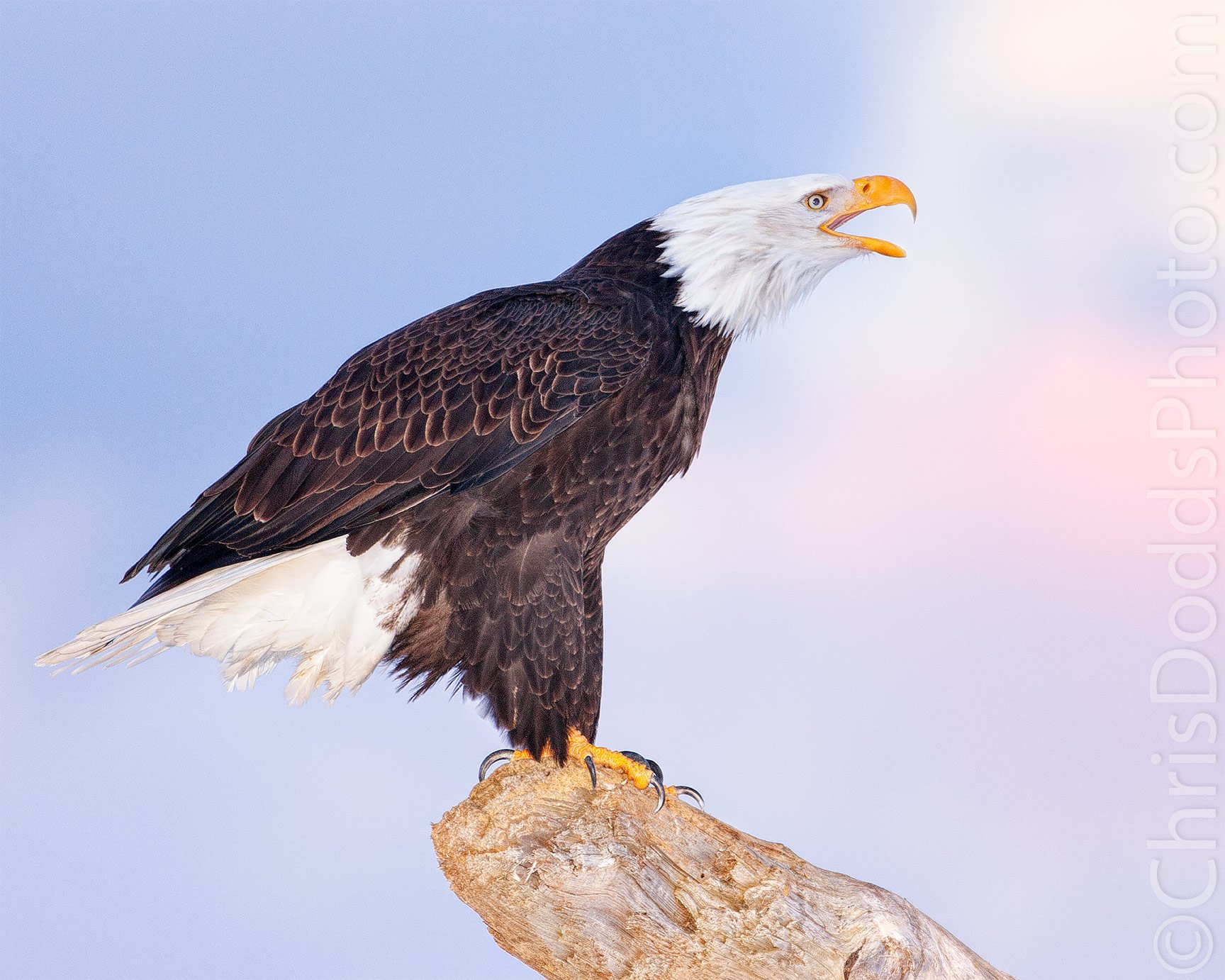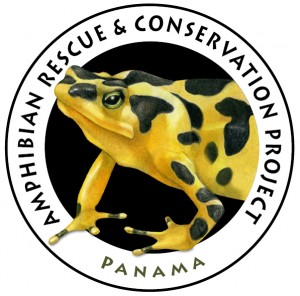Everyone joins my Deluxe Atlantic Puffins (and so much more) workshops for the Puffins, but the Razorbills are so beautiful and elegant. Often called the Penguins of the North, Razorbills are only found in the Atlantic Ocean.
Razorbill Last Call in Golden Light (Alca torda, Petit Pingouin, RAZO) from my Deluxe Puffins Galore Lighthouse Island Workshop Adventure. Mingan Archipelago National Park Reserve, Quebec, Canada. Image Copyright ©Christopher Dodds. Sony Alpha 1 Mirrorless camera & Sony FE 600mm f/4 G Master OSS Lens with Sony 1.4X teleconverter (@840mm) ISO 1,600, f/5.6 @ 1/4,000s Manual exposure. Full Frame Image.









